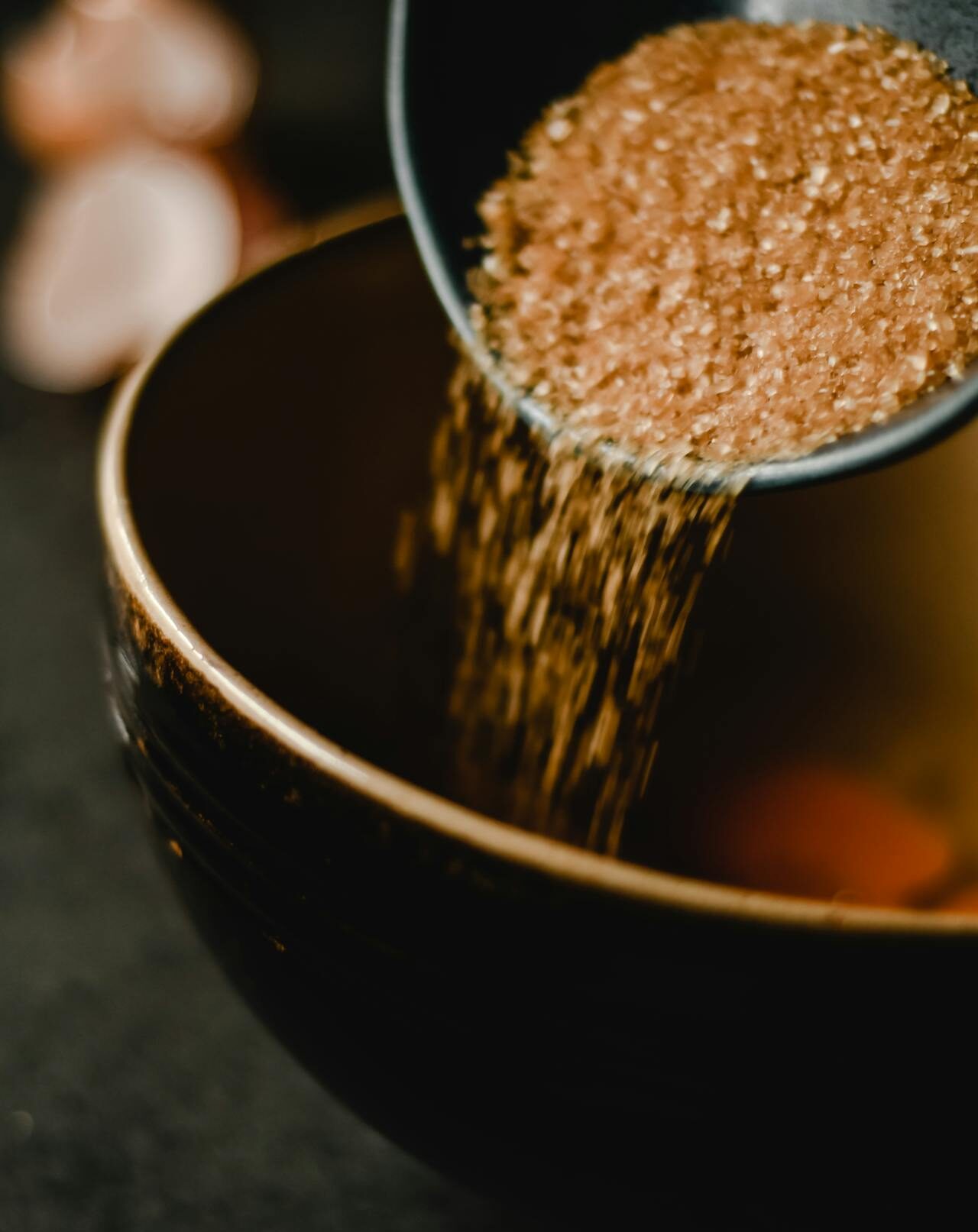For the vast majority of Canadians, sweet and savoury baked goods are part of their regular diets. Virtually all Canadians (98%) have eaten baked goods in the past three months. Both breads and sweet baked goods categories have high individual penetration (91% and 93%, respectively).1 Overall, Canadians across all age groups are enjoying sweet baked goods at similar levels, but preferences for particular baked goods do differ by age. Younger consumers have stronger leanings towards donuts, brownies and to a lesser extent bars, while older consumers favour pies. Cookie consumption declines somewhat among younger consumers, but still represents the most popular category for sweet baked goods, regardless of age. Similar levels of consumption for cakes, muffins and pastries exist, indicating a more universal appeal through various age groups.
For some, the pandemic motivated the prioritization of health, with 26% of Canadians eating healthier baked goods as a result. Health considerations are generally taken into account when consumers are selecting baked goods. Two thirds of shoppers cite a nutritional aspect that influences their purchase decision.1 Negative connotations surrounding the nutritional value of baked goods will serve as a barrier for some Canadians when it comes to baked goods consumption. A desire to control the amount of carbohydrates consumed will limit serving sizes or eating occasions for some. Products using grain alternatives and low-carbohydrate ingredients have emerged to help appease consumer concerns. Higher-fiber products are emphasizing “net carbs” rather than total carbohydrates to ease the minds of shoppers. Shoppers have come to expect healthier alternatives to their tried-and-true favourite baked goods
Although many Canadians associate the carbohydrates in baked goods as being unhealthy, only 15% of consumers cite claims of reduced carbs as being influential.1 Rather, shoppers are more likely to be seeking reduced-sugar claims, with interest in this particular factor rising among older consumers (likely due to specific age-related health conditions). Shoppers are also looking for wholesome ingredients (all-natural claims) that emphasize the goodness in these products, rather than only focusing on trying to reduce the less desirable elements. For some shoppers, their attention falls to the type and quality of ingredients rather than limiting their intake of fats and sugars, highlighting the fact that even though some of these baked goods will be considered “indulgences,” consumers still want to feel good about what they are consuming and expect wholesome ingredients. The addition of seeds or added nutrients also resonates among consumers seeking more nutritional benefits from their baked goods.
For a third of shoppers, health concerns do not play into their baked good decisions.1 For these Canadians, the pandemic encouraged seeking comfort and stress relief through the familiarity of traditional baked goods. For the 61% of Canadians who have baked at home over the past 12 months, the vast majority cite benefits well beyond taste.1 Home baking has significant mental health benefits. Not only was baking used during lockdown to alleviate boredom, but it is associated with a sense of accomplishment, improved mood and creativity. Canadians are using baking to express love, keep up social connections and embrace cultural traditions.
1 Trends in Baked Goods – Canada – 2022, Mintel



